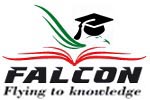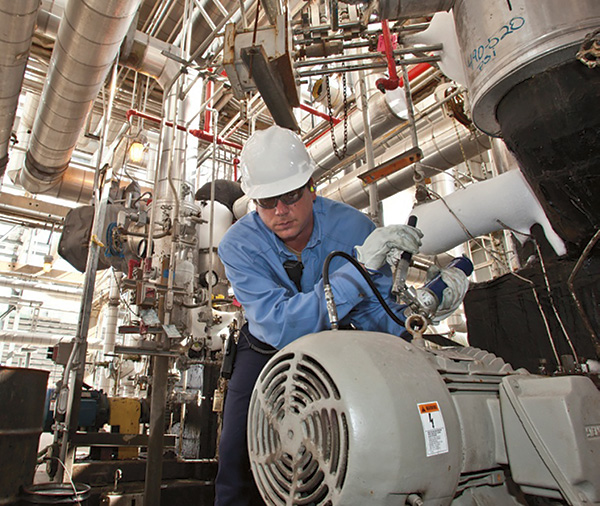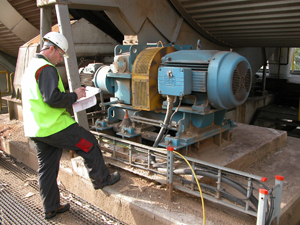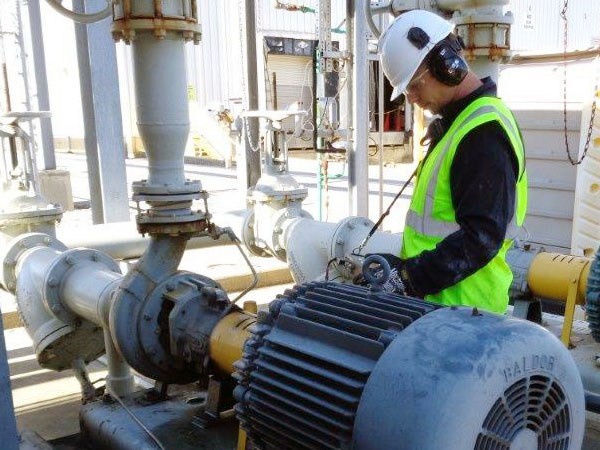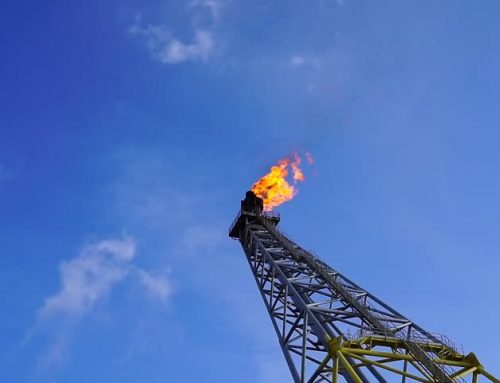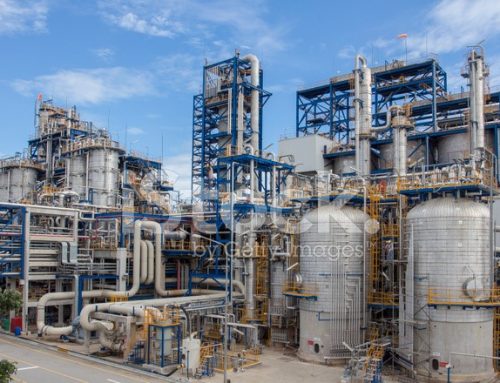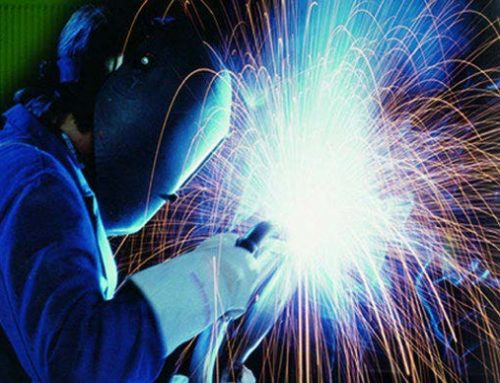Project Description
Why attend
The course will cover the principal machines represented at a large number of plants. There will be a thorough examination of basic operating concepts, application ranges, selection criteria, maintenance, inspection and vulnerabilities of certain types of equipment. The course will also review the short-cut selection and sizing methods for fluid machinery. Upon the successful completion of this course, participants will have gained an understanding of the principal types of rotating machinery used in industry. They will understand the differences between electric motors, design , advantages and disadvantages of different types of gears, operating principles of gas turbines and reciprocating diesel engines.
Course Objectives
By the end of the course, participants will be able to:
Recognize the concept of organizing for world class operations particularly the characteristics and steps used toward improved performanceent systems.
Explain equipment failure patterns by distinguishing repairable from non-repairable equipment, identifying the types of equipment failure, reviewing why equipment fails and employing actions to minimize failure effect
Develop in depth understanding on the maintenance effect on reliability and recognize how maintenance influences equipment performance
Heighten awareness and understanding on root cause failure analysis RCFA including the various types and approaches used in rotating equipment troubleshooting.
Know the principle of predictive maintenance and be able to employ the various predictive maintenance techniques and strategies used in rotating equipment.
Who should attend
This course provides an overview of all significant aspects and considerations of rotating equipment in accordance with the international standards for those who are involved in the sizing, selection, operation, inspection, maintenance and troubleshooting of pumps, compressors, fans, blowers, turbines and gear machinery. This includes process engineers, mechanical engineers, piping engineers, pipelines and pressure vessels engineers and supervisors.
Course Outline
- Design , Controls ,
- Wiring Systems , Standard Motors ,
- Special Designs , Major Components , T
- he Motor as Part of a System ,
- Adjustable Frequency Motors
Types of Gears , Applications Constraints , Maintenance
- Simple Cycle , Heat Recovery Cycles , Type Selection , Maintenance ,
- Two and Four Cycle Gas Engines , Gas Engine Compressor Auxiliary Systems
- Steam Turbines and Expanders Impulse Turbines , Reaction Turbines , Application Ranges ,
- Turbine Configurations , Applications Constraints , Maintenance
- Applications , Operation
- Configurations and Styles , Application Ranges and Constraints ,
- Construction Features and Options , Pump Auxiliaries , Wear Components
- Canned Motor and Magnetic Drive Pumps , High Speed/Low Flow Pumps ,
- Servicing and Condition Monitoring
- Reciprocating Steam and Power Pumps , Diaphragm Pumps , Plunger Pumps ,
- Gear Screw and Progressive Cavity Pumps , Peristaltic Pumps
- Positive Displacement and Vacuum Pumps (cont’d) Conventional and Special Vacuum Pumps ,
- Liquid Jet and Liquid Ring Pumps , Combination and Staged Vacuum Pumps
- Types, Styles and Configurations of Centrifugal and Axial Compressors ,
- Construction Features , Mode of Operation , Compressor Auxiliaries and Support Systems
- Condition Monitoring , Application Criteria ,
- Performance Capabilities and Limitations , Maintenance
- Types and Configurations , Performance and System Effects,
- Performance Correction , Capacity Control Options
- Classification , Reciprocating Compressors vs. Rotary Screw Compressors ,
- Application Ranges and Limitations , Compression Processes
- Construction Features and Components , Capacity Control
- Equipment and Processes Typically Monitored by Vibration Analysis ,
- Typical Vibration Problems and their Approximate Percentage of Occurrence ,
- Rotary Mechanical Vibrations , Other Mechanical Vibrations , Non-Mechanical Vibration Problems ,
- Spring-Mass-Damper Model of Vibration , Simplest Form of Vibrating System ,
- Real-world System , Peak vs RMS vs Peak to Peak-to-Peak, Gear Boxes ,
- Electric Motors , Flow-related Problems Pumps, Fans and Compressors ,
- Vibration Frequencies Related to Machinery Faults
The workshop
This interactive training course includes the following training methodologies as presented on the next column based on percentage of the total tuition hours:
Lectures
Workshops & Work presentation
Case Studies & Practical Exercises
Videos, Sofware & General Discussion
The course instructor may modify the above training methodology before or during the course for technical reasons with no prior notice to participants.
Falcon Consulting Professionals is established in Greece for the last 15 years in the areas of technical consulting and professional training for the local industries. Falcon is expanding in GCC, aiming to provide the best consulting and training solutions to the industries of the region. Falcon’s instructors are accredited trainers and highly experienced in their fields, as well as adult training. We aspire to build our business relationships on mutual trust. The achievement of results with an emphasis on innovation and sustainability, quality, cost analysis and time scheduling are non-negotiable from the conceptual phase of the training.
